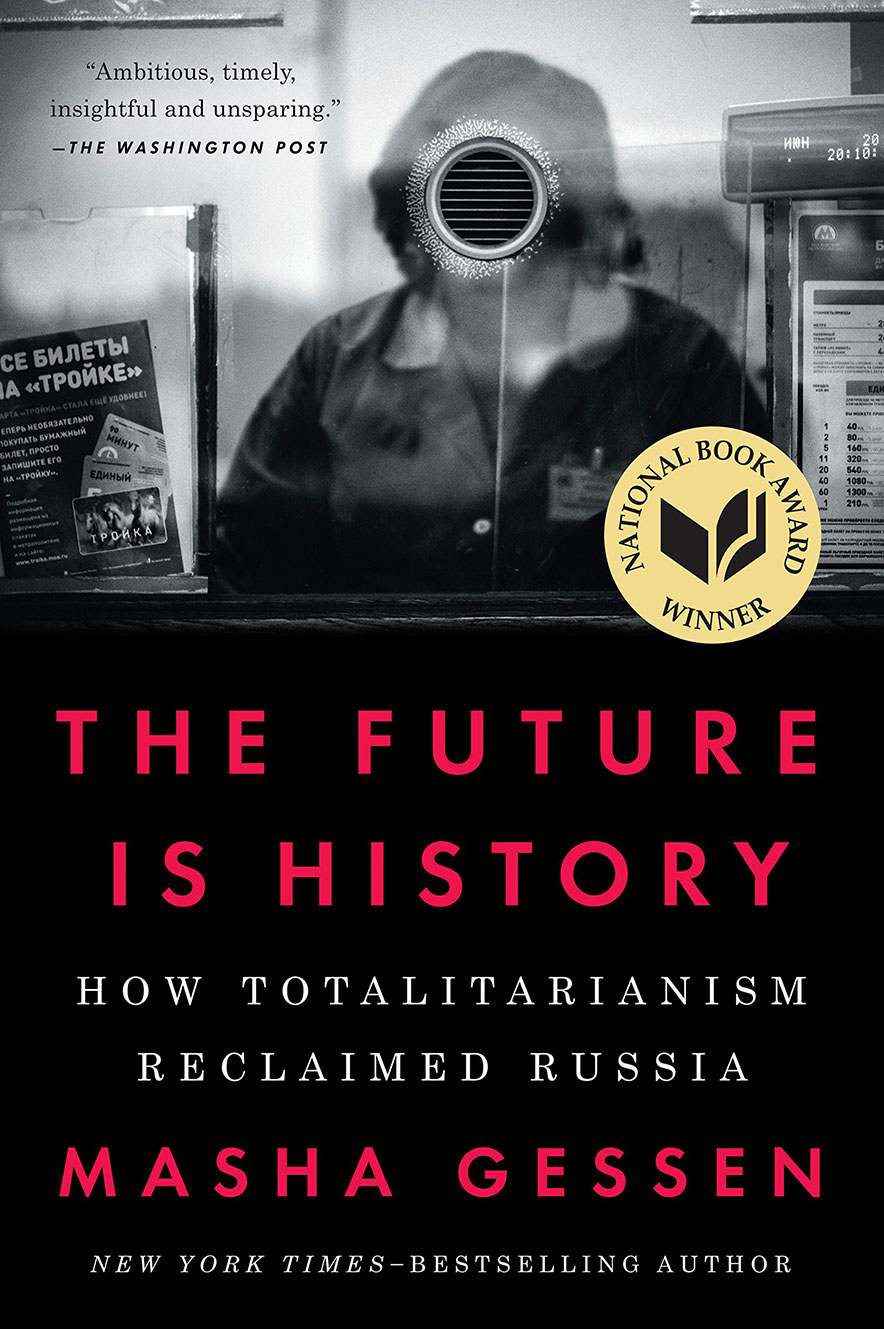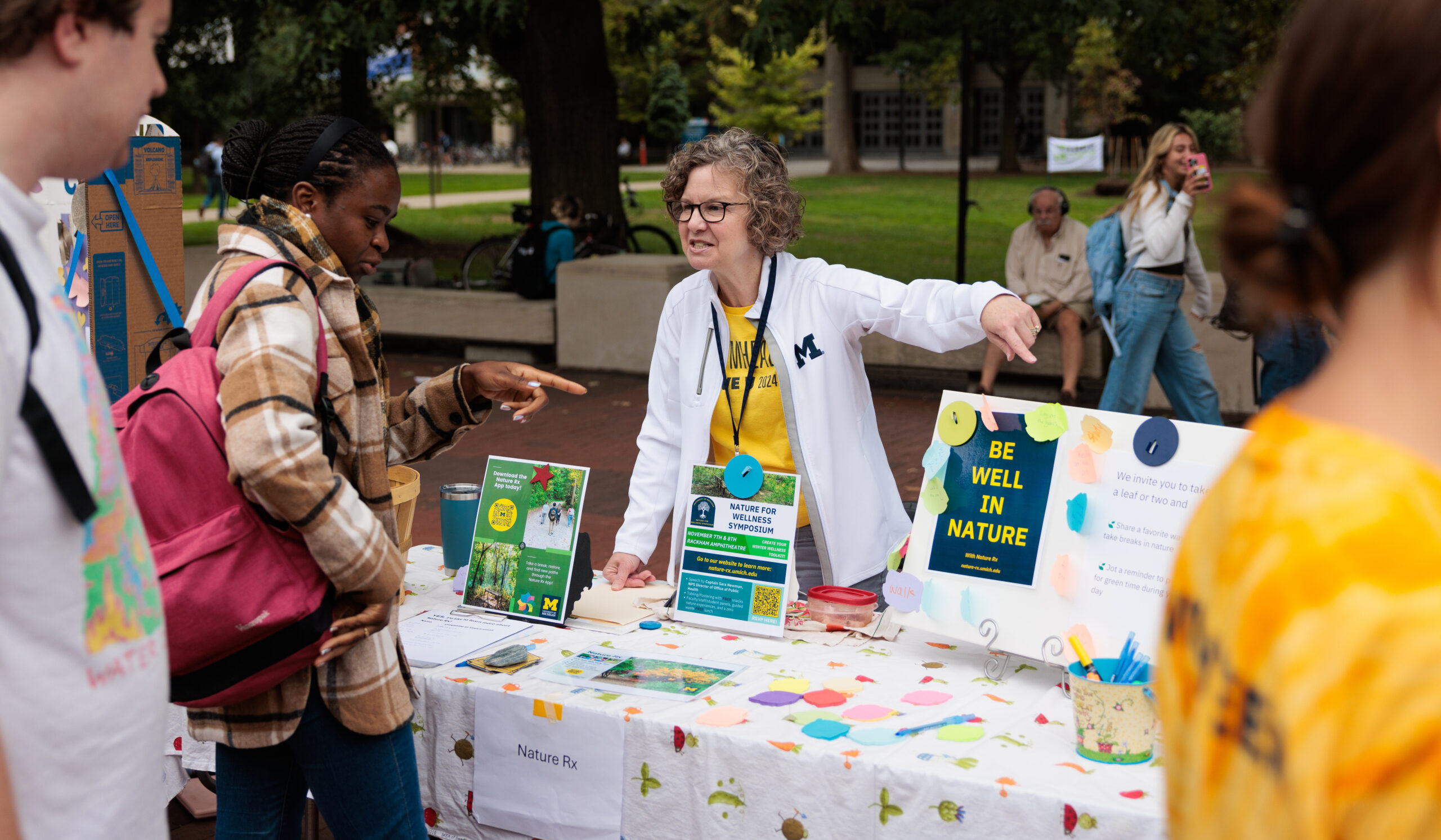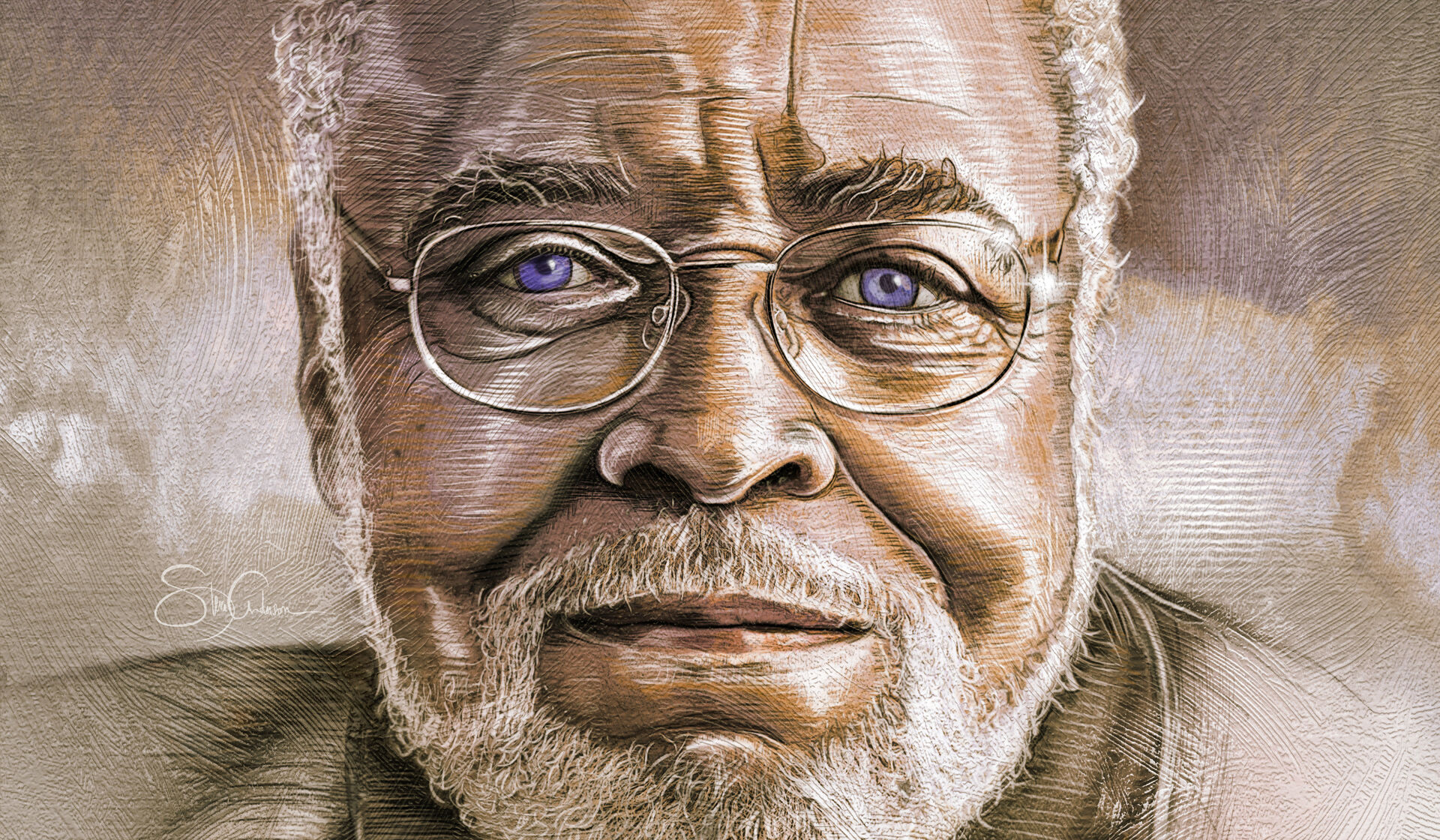Great Summer Reads
•
For many of us, the world is looking sunnier these days. With warmer weather and the freedom that comes with COVID-19 vaccinations, we’re opening our doors and heading outside. Whether on the beach or in our own backyards, it’s time to relax with a good book.
Michigan Alumnus asked three avid readers — all professors in the Department of English — to recommend books that alumni might enjoy.
Walter Cohen teaches classes that include Jewish American literature, early modern literature, and global and transnational literature. He has written books on Renaissance theater and the history of European literature and edited the “The Norton Shakespeare.”
Madhumita Lahiri’s work focuses on South Asian, Southern African, and African American literatures, with an occasional foray into cinema studies. She is also affiliated with the Department of Film, Television, and Media.
Victor Román Mendoza’s classes include multiethnic literature in the U.S. before multiculturalism, Asian American women writers, and 20th century works by U.S. women writers of color. He has a joint appointment with the Department of Women’s and Gender Studies.
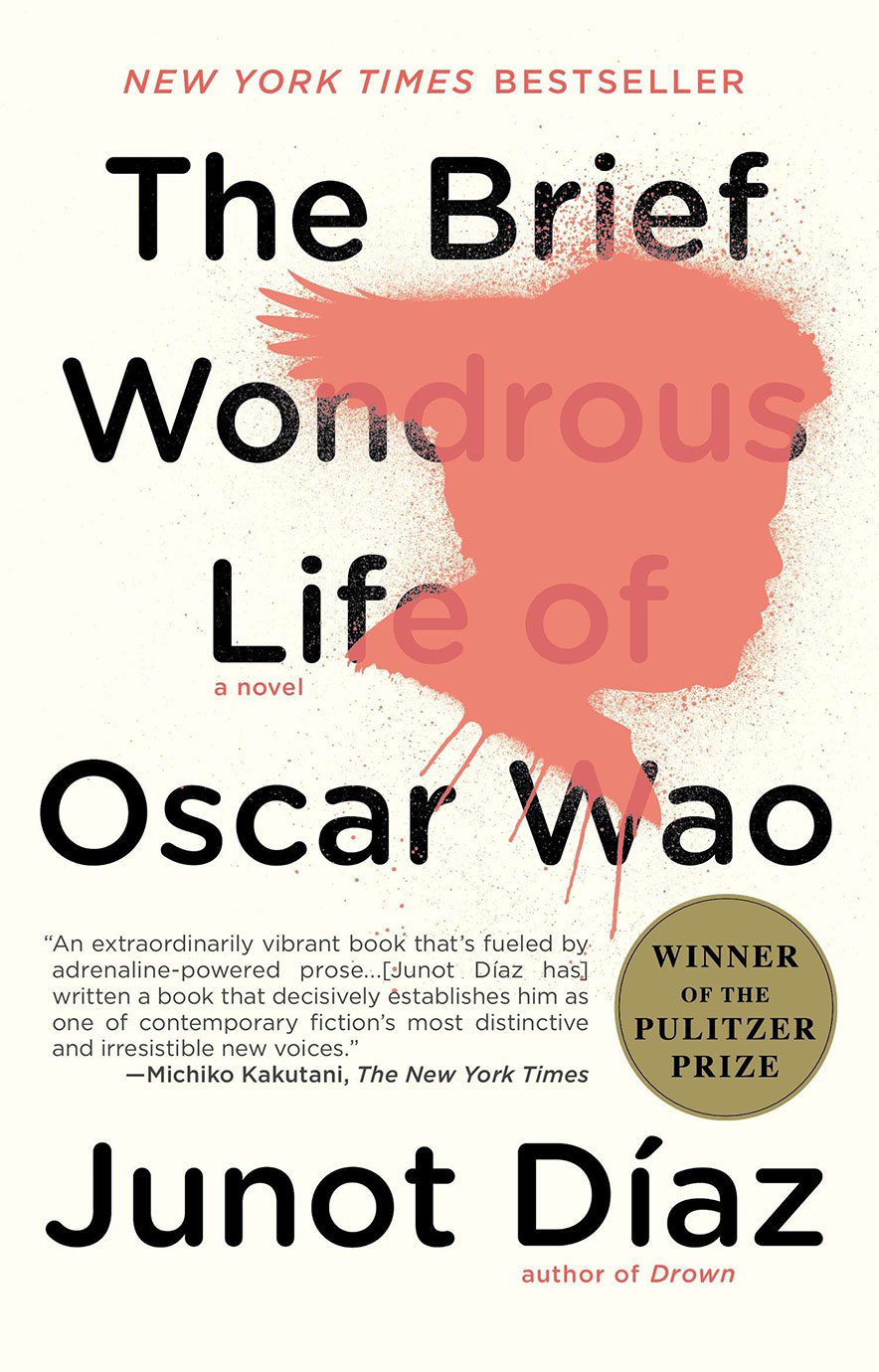
The Brief Wondrous Life of Oscar Wao
By Junot Díaz, Riverhead Books/Penguin Random House, 2007
Fun facts: Díaz was born in the Dominican Republic and grew up in New Jersey. He won the 2008 Pulitzer Prize for this novel, and he is a recipient of a MacArthur Fellowship (otherwise known as the “genius grant”).
Cohen recommends: “An account of a Dominican-American family, focusing on the love/sex-obsessed, obese, sci-fi nerd titular protagonist. Set in New Jersey and the Dominican Republic, adorned with entertainingly angry footnotes about the murderous Trujillo dictatorship, marked by painful accounts of violence against women, narrated by a friend of the family who has much in common with the author, it moves back and forward in time, covering the 1930s to the (almost) present.”
The Vanishing Half
By Brit Bennett, MFA’14, Riverhead Books/Penguin Random House, 2020
Fun facts: Bennett won a Hopwood Award while completing the MFA program in creative writing at U-M. Having two sisters, raised by the same people under the same circumstances yet very different from her, partly inspired this book.
Mendoza recommends: “Bennett’s novel is about the changing nature of race — in particular, of Blackness — over time. After a childhood of being inseparable, identical twin daughters from a family of light-skinned African Americans take radically divergent paths in response to their racial inheritance and to racialized gender-based violence. The novel is far from allegorical or didactic, though; it’s an enthralling story about a range of complex individuals. Even the title, which at first blush seems to be about the twins, proves ambiguous.”
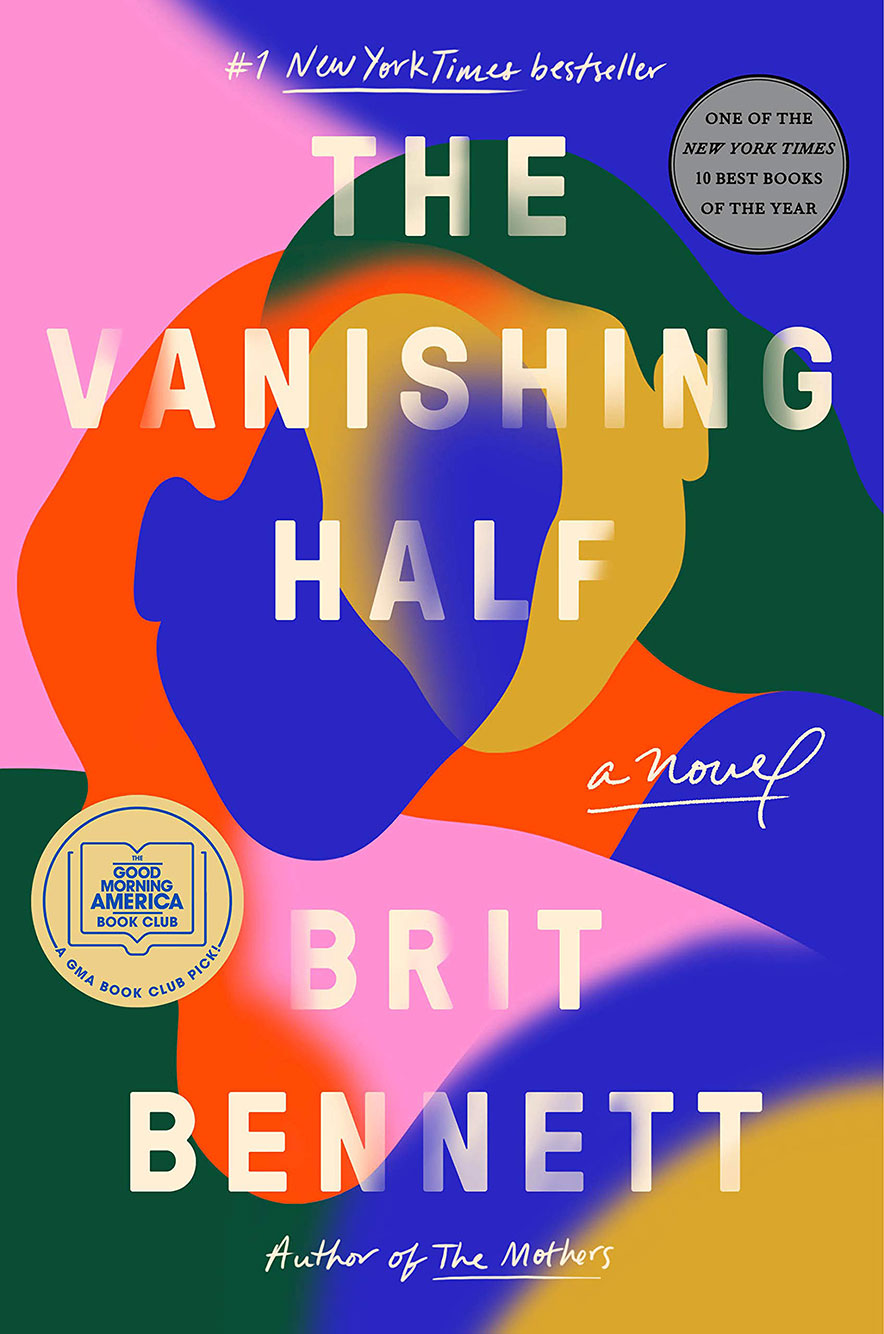
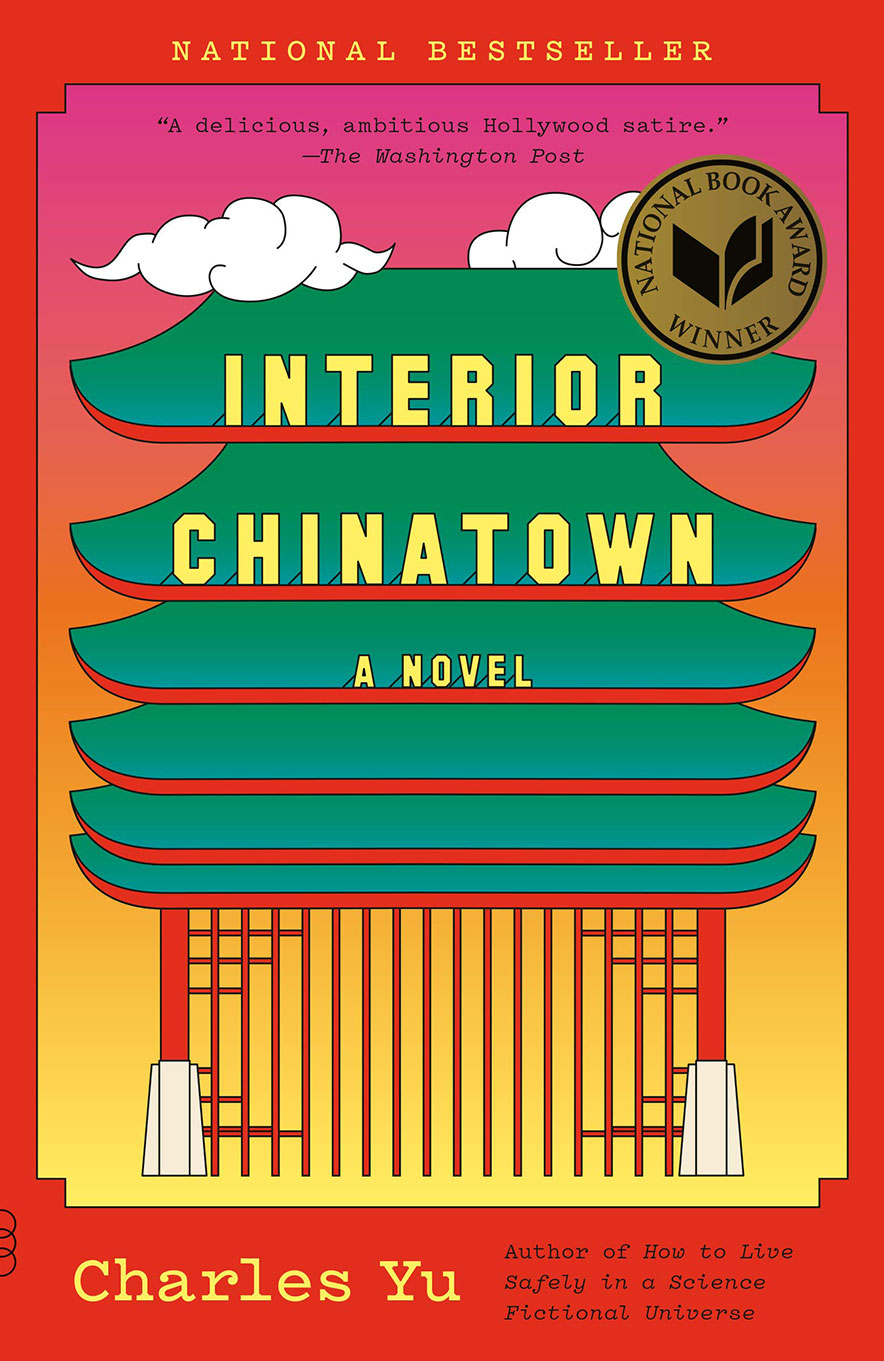
Interior Chinatown
By Charles Yu, Vintage Contemporaries/Penguin Random House, 2020
Fun facts: The author of four novels, Yu was nominated for two Writers Guild of America Awards for his work on the HBO series “Westworld.” He has also written for shows on FX and AMC.
Lahiri recommends: “This novel won the 2020 National Book Award, and it’s just that good. It’s very funny and challenging. It’s written as a script. The story unravels on the set of a TV show called “Black and White.” The protagonist has a small part but imagines himself in the starring role. Yu uses the script conceit to reveal how he sees himself and how the world sees him. In a year where most of us have watched a lot of TV, it’s fun to see a novel play with that.”
A Tale for the Time Being
By Ruth Ozeki, Viking/Penguin Random House, 2013
Fun facts: Ozeki sets her fictional memoir in British Columbia, where she lives, and names her protagonist Ruth. Author and character share a husband with the same name, too. But the narrative relies on a lot of “what ifs.”
Cohen recommends: “Composed in the wake of the Fukushima nuclear disaster, the novel alternates between two narrators. One, the novelist, also named Ruth, lives with her husband in the rural Canadian Northwest. She comes upon a washed-up manuscript written by a Japanese girl named Nao, who has lived in both California and Japan. Ruth attempts to make sense of Nao’s story, helpfully providing footnotes. The tale involves crisis in the present and a rich family lore that encompasses early 20th century Japanese feminism, Buddhism then and now, kamikaze pilots at the end of World War II, the American tech sector, and more.”
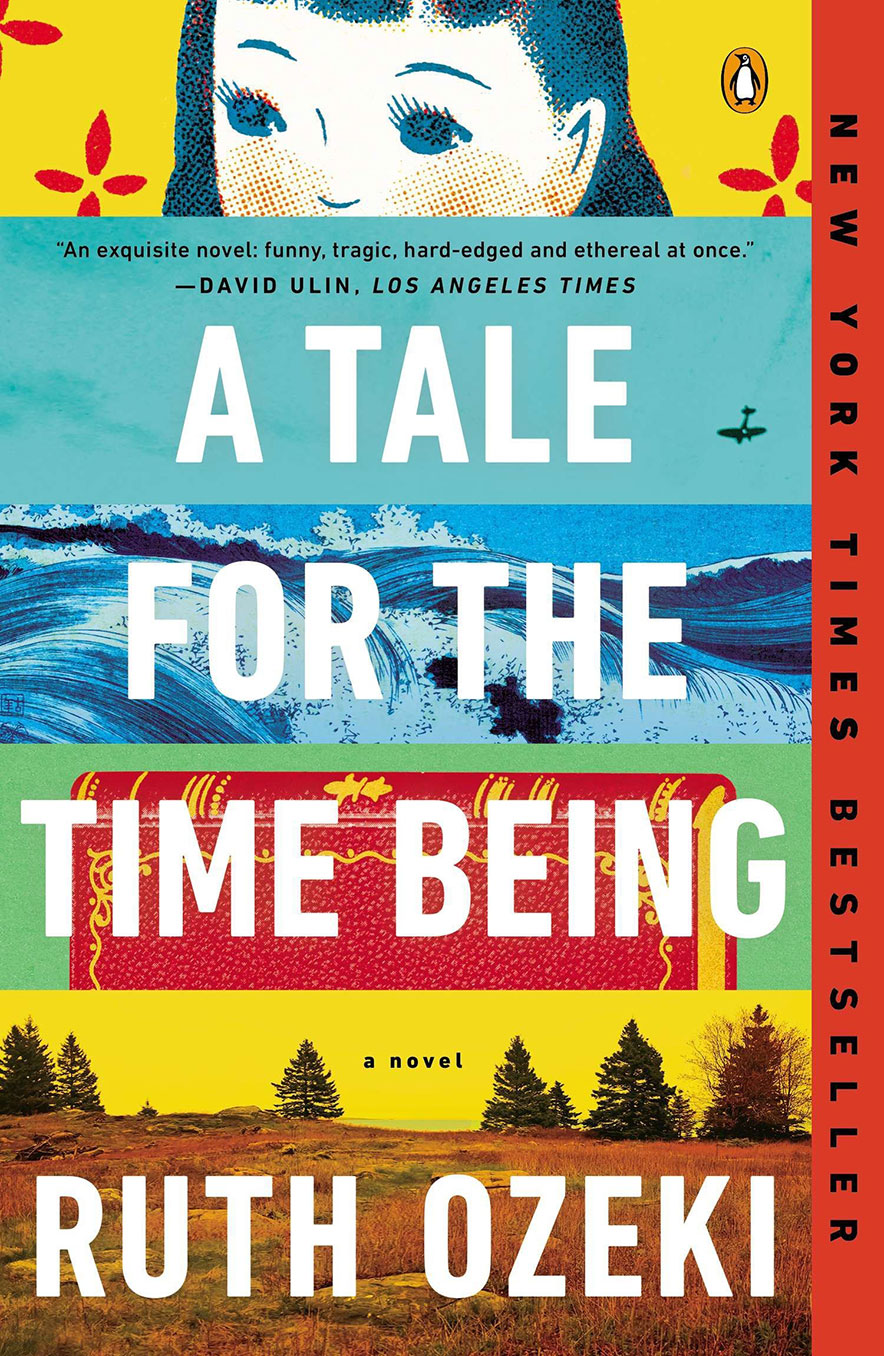
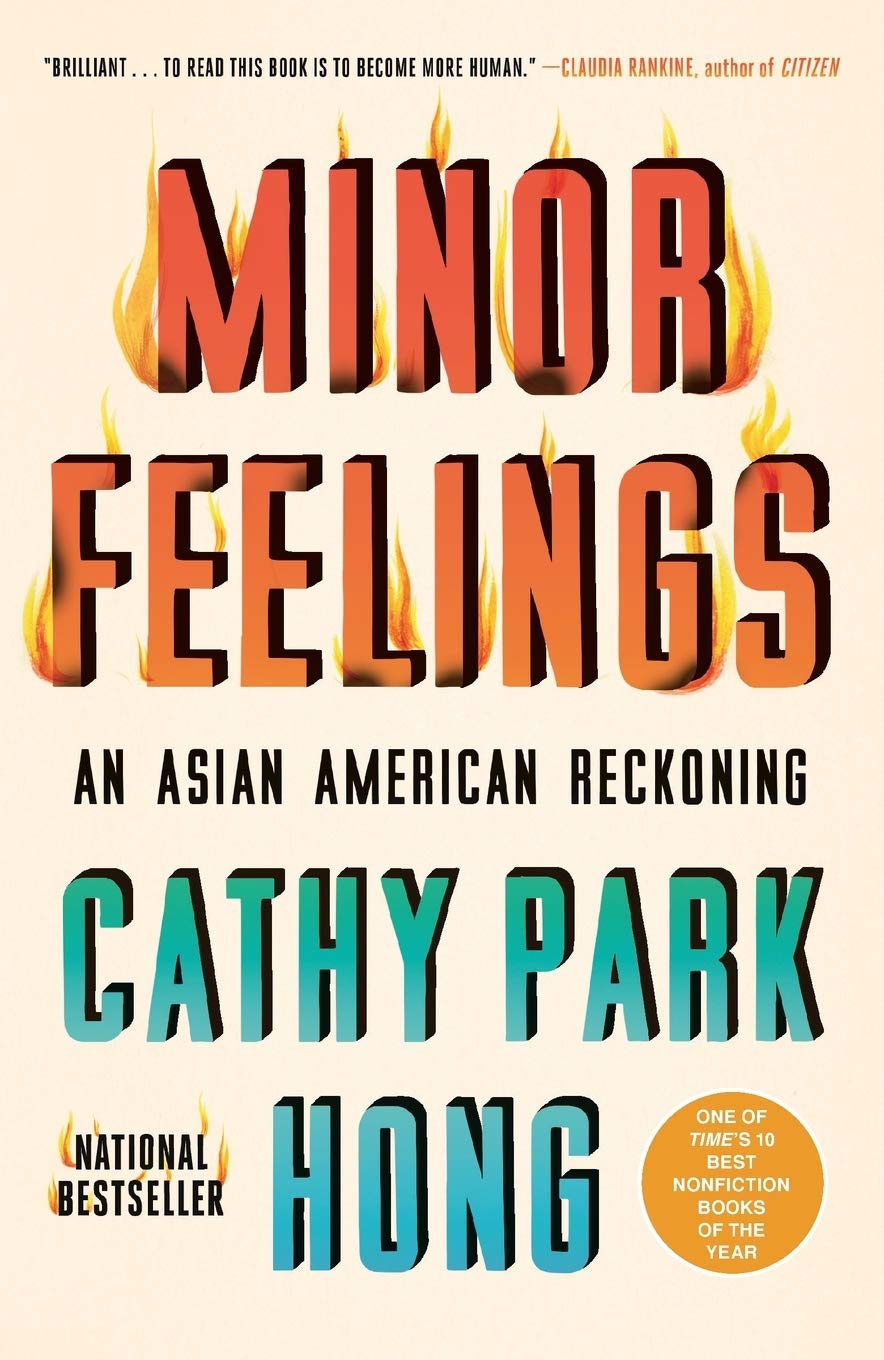
Minor Feelings: An Asian American Reckoning
By Cathy Park Hong, One World/Penguin Random House, 2020
Fun facts: This nonfiction book is by the poetry editor of The New Republic and author of three poetry collections. Her accolades include a Guggenheim Fellowship and a National Endowment for the Arts Fellowship.
Mendoza recommends: “A poet by training, Hong offers a memoir that situates her own subjection to anti-Asian, misogynist discrimination and marginalization within larger social contexts in the United States. While the book is replete with Hong’s encounters, and other’s encounters, with white supremacist and sexist terror, it’s also shockingly, brilliantly hilarious. Published just before the overlapping pandemics of COVID-19, the police murder of black and brown people, and anti-Asian violence, it nevertheless helps makes sense of these events.”
Cloud Atlas
By David Mitchell, Hodder & Stoughton/Hachette, 2004
Fun facts: A British novelist, Mitchell also writes opera libretti. The title of this novel was inspired by music of the same name by the Japanese composer Toshi Ichiyanagi.
Cohen recommends: “This long novel moves forward through European, American, and especially Pacific history from 19th century slavery through 26th century ecological and political disaster, and then back again. It follows six plots, mostly via first-person narratives. Each is set in a different time and place, each fits into a different literary genre, but each somehow is connected to one or more of the others. So, are we heading toward catastrophe, or can we have hope? There’s also a movie version, but you’ll probably appreciate it only if you’ve read the novel.”
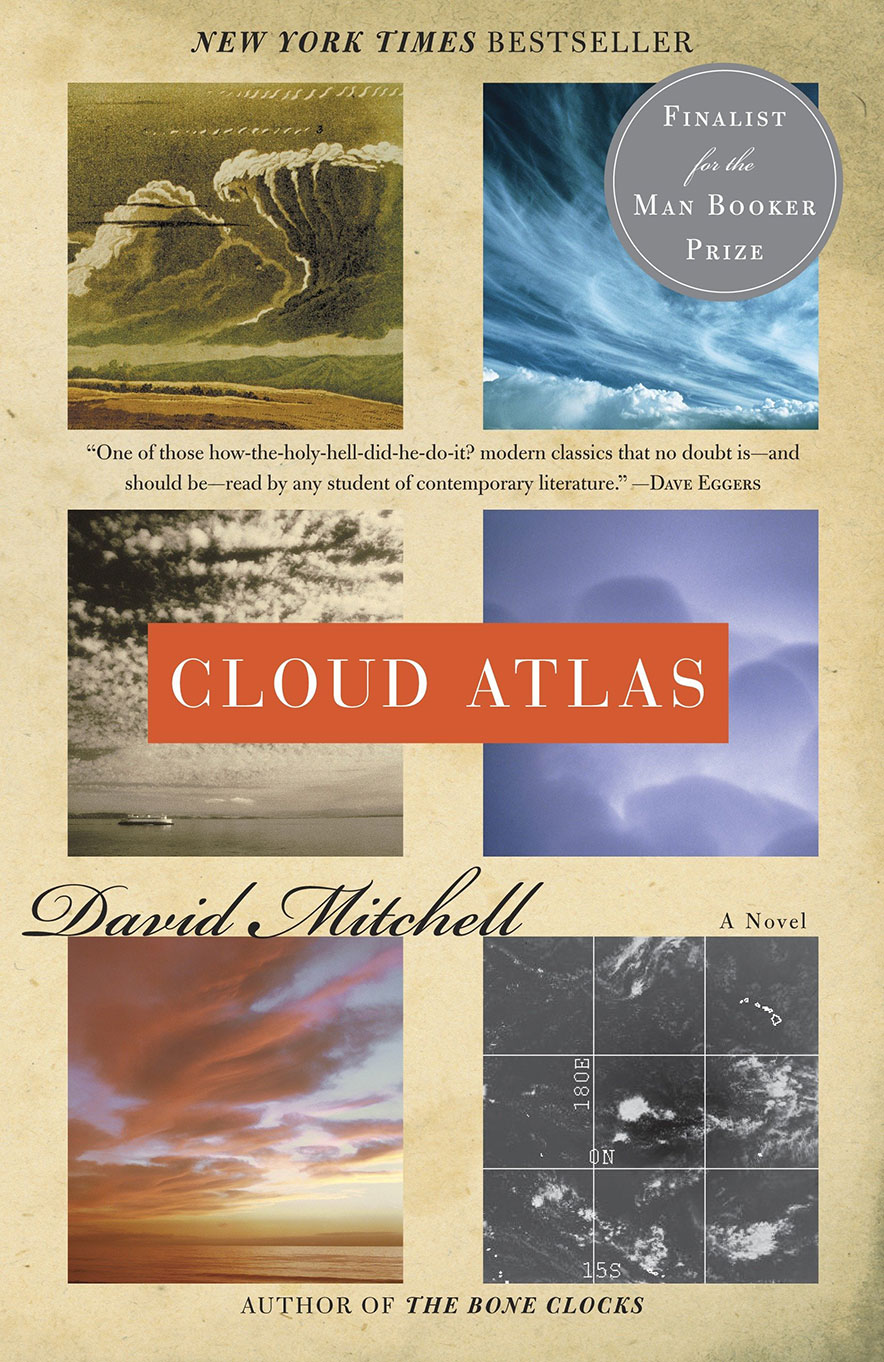
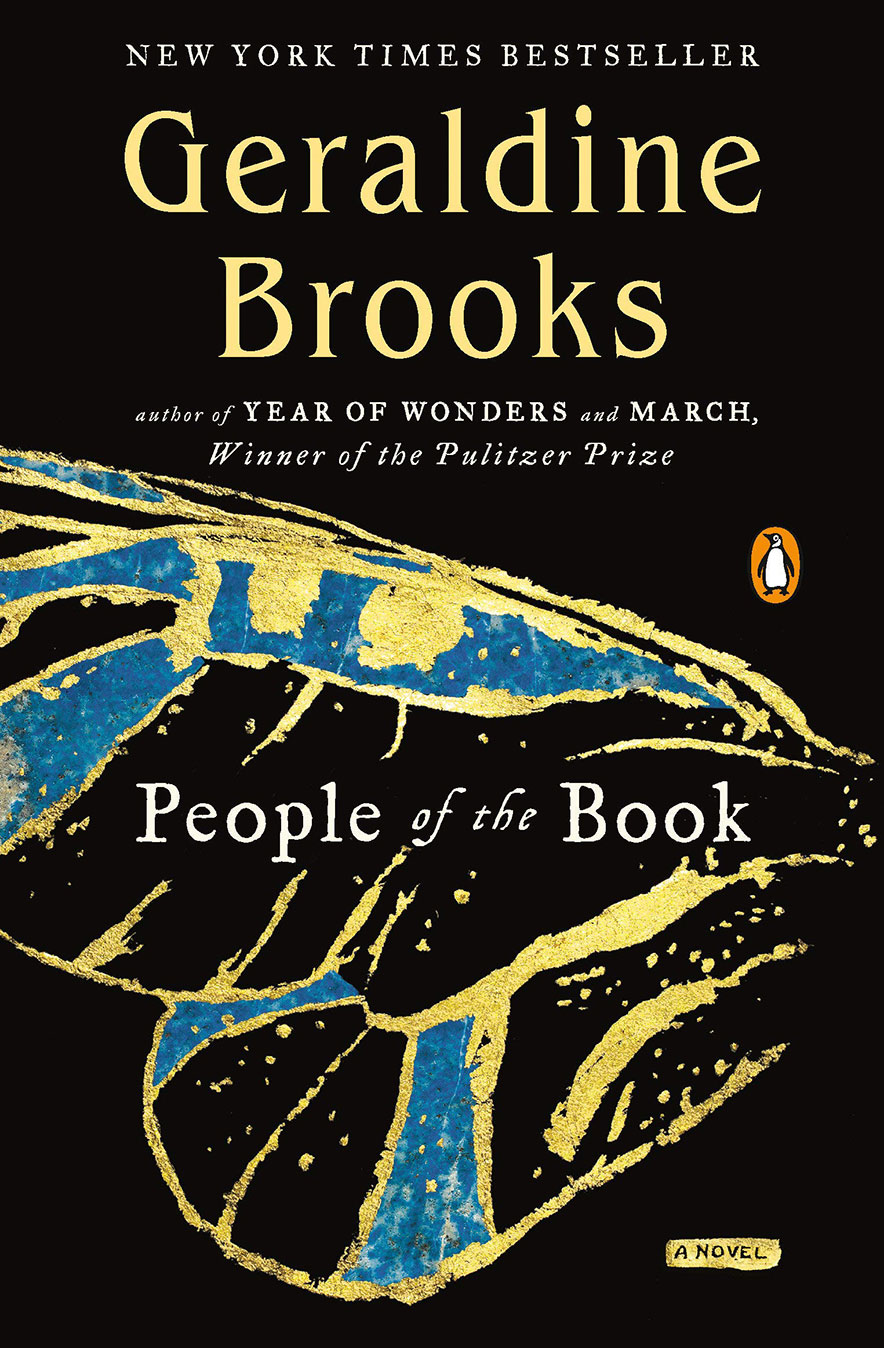
People of the Book
By Geraldine Brooks, Viking/Penguin Random House, 2008
Fun facts: Brooks was a feature writer for The Sydney Morning Herald, specializing in environmental issues, then covered crises in the Middle East for The Wall Street Journal.
Cohen recommends: “This is an imagined reconstruction of the Sarajevo Haggadah (a famous Passover haggadah), from its present circumstances back to its 15th century origin. The title refers to the three Mediterranean monotheisms — Judaism, Christianity, and Islam — each a crucial contributor to the book’s vicissitudes. The globe-hopping first-person narrator, Australian like the author, recounts her own experiences in the present — experiences, it turns out, bound up not only with the book’s condition and whereabouts but also with the religious issues central to its history. By contrast, the historical chapters, set in Europe and told in reverse chronology, are in the third person.”
The Future Is History: How Totalitarianism Reclaimed Russia
By Masha Gessen, Riverhead Books/Penguin Random House, 2017
Fun facts: A staff writer for The New Yorker and the recipient of numerous awards, including Guggenheim and Carnegie fellowships, Gessen is the author of 12 books, including this lengthy intellectual history of Russia since the 1980s.
Lahiri recommends: “A lot of people weren’t thinking actively about Russia until the Trump presidency. It’s so helpful to read this, given the way that Russia is really important to what’s happening in the world today. Gessen talks about the ways in which LGBTQ rights hadn’t been addressed in Russia and why the state is cracking down. The book uses personal stories to illuminate Russia today. I was amazed that our perception of the Cold War is radically different from the way Putin sees it. We talk about how the Cold War is back. According to Putin and his associates, it never ended. There has always been that hostility.”
